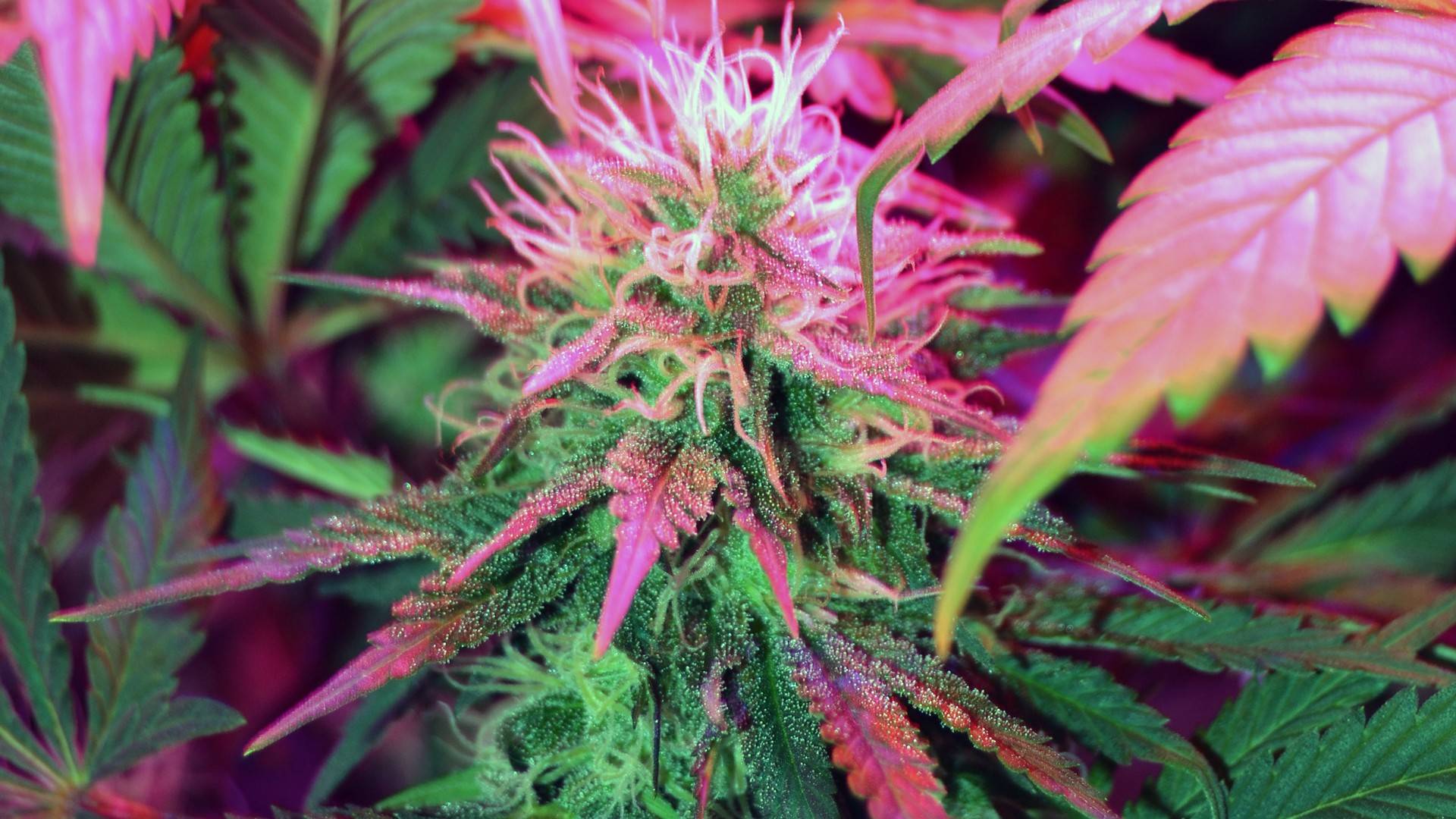There is evidence that maternal marijuana use during pregnancy is associated with some delivery complications; babies being born with low birth-weights; and possibly a ventricular septal defect (a hole in a baby’s heart). There is also some research suggesting that marijuana use during pregnancy is related to abnormal early-childhood and adolescent behavior, and possibly even some cancers. Very early exposure to THC (prenatally or during breastfeeding) may negatively affect brain development, particularly the development of emotional responses. It also seems to be tied to children showing “gaps in problem-solving skills, memory, and the ability to remain attentive.”
A less commonly discussed topic is paternal use of marijuana during pregnancy. There is actually some evidence that “fathers’ marijuana use in the year prior to their children’s births is associated with an increased risk of [a rare but very malignant tumor] in their children.” It may also be correlated with an increased chance of Sudden Infant Death Syndrome.
Overall, the effects of marijuana use on fetuses and babies are unclear, and for this reason most physicians recommend that women avoid its use during pregnancy and breastfeeding. Second-hand marijuana smoke has also been shown to cause altered states of consciousness in infants and young children, which should be avoided particularly since safe limits for this are unknown.
